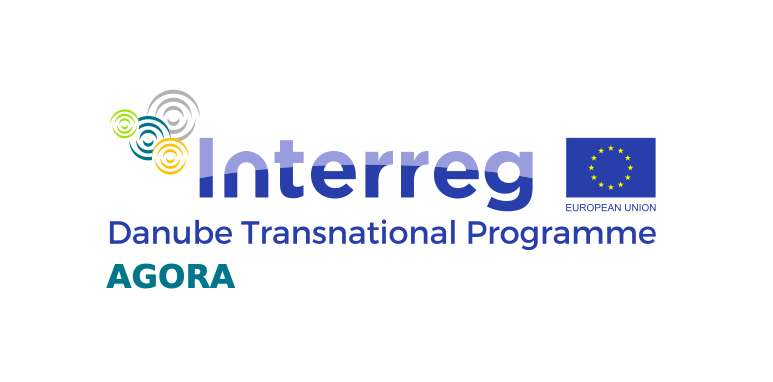3D-Help, a project led by EuDA aimed at providing adult people with education in the technology of 3D-Printing, has received a remarkable evaluation from the Czech National Agency. Motivated by the EU’s identification of this development as one of the most important emerging technologies as well creation of many new jobs and opportunities where digital literacy is required, projects’ partners worked on making EU adults competent in 3D-Printing.
Four different organizations joined us in the project: SC Ludor Engineering SRL in Romania, Macdac Engineering Consultancy Bureau Ltd in Malta, Social Innovation Fund in Lithuania, and Strojarska Technička Škola Fausta Vrančića in Croatia. Each of them was responsible for one of six project outputs defined in the beginning. As a lead partner, EuDA handled two of them.
With the finalization of the project, we have successfully executed the following outputs:
- Guidelines on the use of 3DP in Adult Education
- 3DP Case Studies for Adult Education
- Curriculum of a 3DP Course for Adult Training
- 3DP Course Content for Adult Training
- 3DP Trainer Guidelines
- 3DP e-Learning System for Adult Training
The content of the project and its outputs have been greatly appreciated by the Czech National Agency.
The feedback prepared by the Agency noted that 3D-Help was the first Erasmus+ Strategic Partnership for Adult Education project to address 3D Printing in the Czech Republic. It highlighted the international dimension of the project and recognized its benefits, such as strengthening partners’ network of strategic partners in industry and creating new connections to help them engage in international research collaboration. The project’s activities and outputs were valued for creating a space for gaining new contacts, experience, knowledge, information, trends, and skills.
The NA acknowledged the project’s success in aligning with the plan defined at the beginning and appreciated EuDA’s effective management, proper monitoring of the project budget, and time organization. The project’s impact on the target groups has been very positively evaluated – through its outputs, we achieved to get the participants acquainted with 3DP technologies, raise awareness of the potential of 3D Printing and motivate the disadvantaged groups to learn about 3DP and ICT tools in general.
Find more about the project here.




